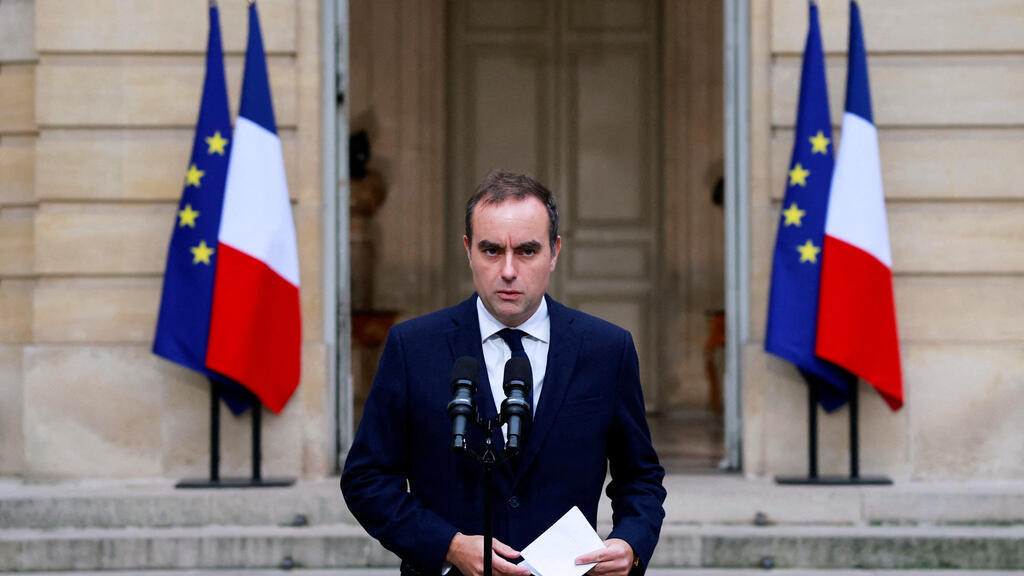
French President Emmanuel Macron has reappointed Sébastien Lecornu as prime minister, just four days after he quit in the role. Lecornu II has the tough job of forming another government to pass a 2026 budget.
The president's office made the announcement late Friday after a day of talks with party leaders.
"I accept – out of duty – the mission entrusted to me by the President of the Republic to do everything possible to provide France with a budget by the end of the year and to address the daily life issues of our fellow citizens," Lecornu wrote on X.
"We must put an end to this political crisis that exasperates the French people and to this instability that is harmful to France's image and its interests."
In naming Lecornu, Macron risks the wrath of his political rivals, who have argued that the best way out of the country's deepest political crisis in decades was for Macron to either hold snap parliamentary elections or resign.
Lecornu's immediate task will be to deliver a budget to parliament by the end of Monday.
Opposition parties have already announced their intention to censure the government.
Leftists upset
Macron earlier convened a meeting of mainstream party leaders to rally support around his choice. The far-right National Rally (RN) and hard-left France Unbowed (LFI) were excluded from the talks.
Leftist leaders expressed dismay after Macron made it clear he would not be picking a prime minister from their ranks.
If the next government collapses it will raise the likelihood of Macron calling a snap election – a scenario seen benefitting the far right the most.
"We're not looking for parliament to be dissolved, but nor are we afraid," Socialist Party leader Olivier Faure told reporters as he left the meeting.
What's behind France's current political crisis?
No-confidence motion
France's political turmoil was in large part triggered by Macron's decision last year to hold snap parliamentary elections – a gamble that delivered a hung parliament split between three blocs, none of which has a working majority.
The country's push to get its finances in order, requiring budget cuts or tax hikes that no party can agree on, has deepened the malaise.
If the National Assembly cannot find common ground on a budget in the time given, emergency legislation may be needed to keep the country running next year on a roll-over budget.
RN president Jordan Bardella said following Lecornu's reappointment that the party would immediately seek to vote the new government out of office.
Labelling the move by an "isolated and disconnected" Macron to reappoint Lecornu a "bad joke", Bardella said his party would "immediately of course censure this coalition which does not have any future" through a no-confidence motion in parliament.
Macron admits snap elections created more instability for France
Race to deliver budget
The country's central bank chief, Francois Villeroy de Galhau, forecast on Friday that the current political uncertainty would cost the economy 0.2 percentage points of gross domestic product.
"Uncertainty is ... the number one enemy of growth," Villeroy told RTL radio.
Fraught budget negotiations this year and last as France seeks to rein in its public finances and reduce its deficit have cost Macron three prime ministers in less than 12 months.
Central to the most recent budget negotiations have been the left's desire to repeal Macron's 2023 pension reforms that raised the retirement age from 62 to 64, and increase taxes on the very wealthy. Those demands have been hard to square with the conservatives, whose support Macron also needs to pass a budget.
France hit with credit downgrade as new government faces budget squeeze
In Friday's meeting, Macron offered to delay raising the retirement age as far as 64 by a year to 2028. Green Party leader Marine Tondelier described the concession as insufficient.

.jpg?w=600)





